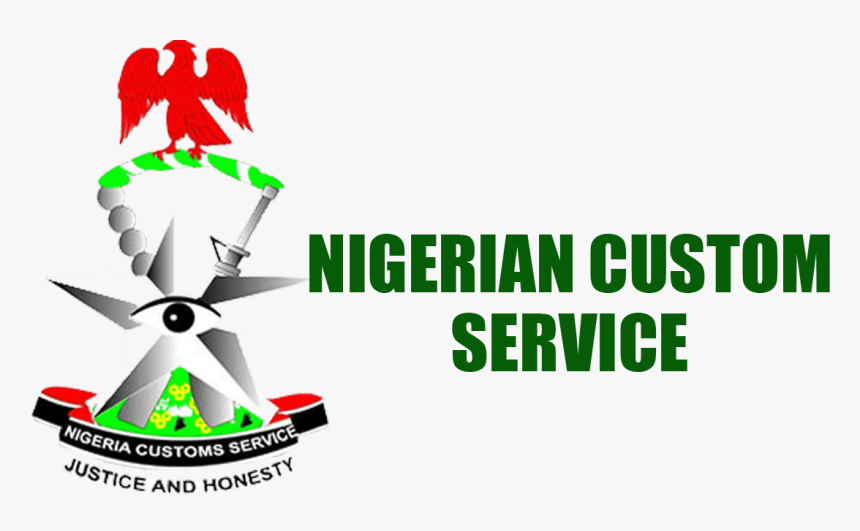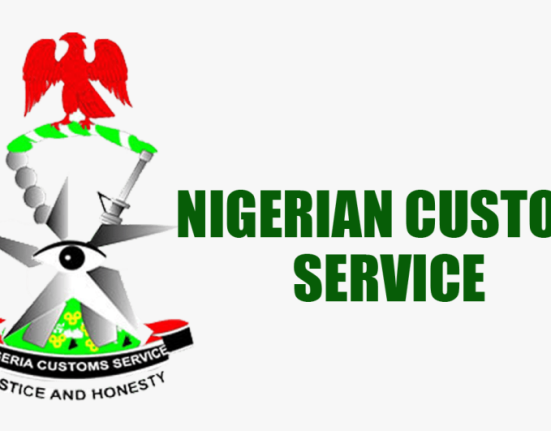Abuja, June 23, 2025 – In a major boost to trade facilitation and global economic linkages, the Nigeria Customs Service (NCS) has fully endorsed its participation in the UN/CEFACT framework and launched a speedy integration of advanced digital trade tools — including the Authorized Economic Operator (AEO) programme and Fast‑Track 2.0 platform.
The AEO initiative, formally rolled out on 14 February 2025, grants certified importers and exporters priority customs clearance, reduced inspections, and faster transit, marking a strategic shift in Nigeria’s customs operations. A pilot involving six companies reported a dramatic 66.9% reduction in average clearance times—dropping from about 7 days to just 43 hours—and yielded over ₦100 million in quarterly savings for participants. Customs revenues from AEO-certified operators also surged from ₦18.4 billion in 2023 to ₦51.1 billion in 2024, underscoring both efficiency gains and financial impact.
In tandem, the NCS has launched Fast‑Track 2.0, a risk-based digital platform built with World Bank support that offers all compliant importers access to pre-arrival document processing, pre-paid duties, and access to a special green channel for swift cargo release. The enhanced system emphasizes transparency, compliance, and ease of trade through advanced binding rulings and streamlined customs processes.
These innovations align Nigeria with UN/CEFACT’s global best practices—particularly its “Single Window” recommendation to consolidate all trade documentation into a single electronic submission point. The country’s involvement is backed by its roles in the World Customs Organization’s Accelerate Trade Facilitation Programme, and its seat on the UN/CEFACT Bureau, which promotes national and cross-border trade harmonization.
The strategies extend beyond customs alone. Nigeria’s adoption of SIGMAT, an ECOWAS transit management system linking Nigeria with Benin, ensures cross-border goods movement is monitored electronically—reducing fraud, delays, and clearance friction along regional corridors.
Authorities say the combined effort—comprising digital customs platforms, global trade standards, and regional tech integration—positions Nigeria for stronger engagement in the World Trade Organization’s Trade Facilitation Agreement and supports President Bola Tinubu’s 2030 Agenda to diversify and de‑emphasize oil-dependency.
Why it matters:
For businesses: Faster and more predictable clearance boosts competitiveness and reduces overheads.
For government: Greater revenue through compliance, efficiency, and better trade oversight.
For consumers: Quicker import and export cycles can translate into lower prices and broader access to goods.
NCS Comptroller‑General Adeniyi Adewale hailed the move as a cornerstone for a modern trade environment, urging more operators to attain AEO status and benefit from streamlined processes. As Nigeria deepens its global economic integration, these reforms mark a milestone in customs-driven regulation, revenue generation, and support for private sector growth.

